What Is The Physiology Of Stress, And Why Does It Matter?
The first step in understanding stress is to understand its triggers and impact on our bodies. When we experience stress, our bodies activate the “fight or flight” response. This response releases stress hormones such as cortisol and adrenaline, which prepare us for physical action. Our heart rate increases, our muscles tense up, and our breathing becomes more rapid and shallow.
This response is important for survival in dangerous situations, but when stress lasts for a long time, it can seriously harm our physical and mental well-being. This is called chronic stress. Chronic stress has been linked to a range of health issues including high blood pressure, obesity, diabetes, and depression. It can also negatively affect our cognitive function and memory, making it harder for us to concentrate and make decisions.
How To Manage Stress At Work
When building workplace culture, it’s important to recognize the signs of chronic stress in our teams and take steps to address it. Creating a supportive and healthy work environment can reduce the impact of chronic stress on employees. Encouraging open communication, promoting work-life balance, leading by example, and onsite wellness services are smart strategies that will help take care of the well-being of our teams while fostering a more productive and positive work atmosphere. It’s a win-win!

Open Communication
One way to help manage stress in the workplace is to create a supportive environment that encourages open communication and provides resources for employees to manage stress effectively. This can include things like offering employee assistance programs, providing access to mental health professionals, and encouraging employees to take breaks and engage in stress-reducing activities like mindfulness or exercise.
Work-life Balance
Another important factor in managing stress is to promote work-life balance. Many employees struggle to balance their work and personal responsibilities, leading to burnout and chronic stress. It’s important to create a culture that prioritizes work-life balance, whether it’s through flexible work arrangements, time off for personal matters, or encouraging employees to take breaks during the workday. (include virtual classes)
Lead by Example

Onsite Wellness Services
Onsite wellness programs offer a variety of benefits that can help reduce stress levels in the workplace and improve overall well-being. We’ve seen firsthand massage change an office environment from one of stress and tension to a more relaxed, productive atmosphere. Onsite wellness services help to provide physical relief, reduce fatigue, improve sleep quality and increase alertness, making it an ideal way for employers to show their employees they care about them.
Creating a Supportive Environment: Key to Managing Workplace Stress
Understanding the physiology of the stress response is critical for managing stress in the workplace effectively. By creating a supportive environment, promoting work-life balance, and leading by example, we can help our teams navigate stressful situations and improve their overall health and well-being. It’s up to us all to prioritize the health of our teams and create a culture that supports their mental and physical health.
Do you want to learn more about how to manage stress effectively? Schedule a no-commitment consultation with Body Techniques today!




